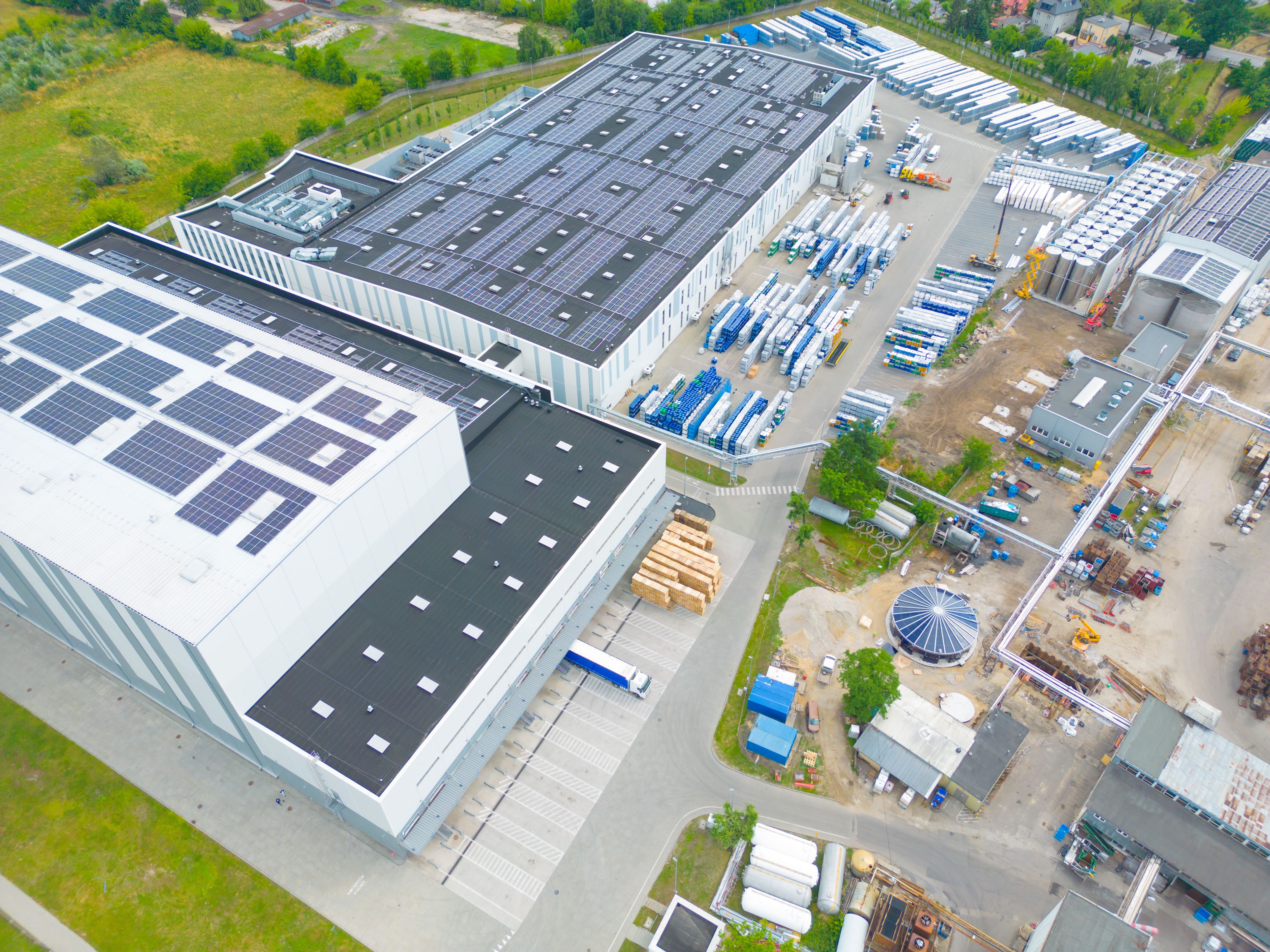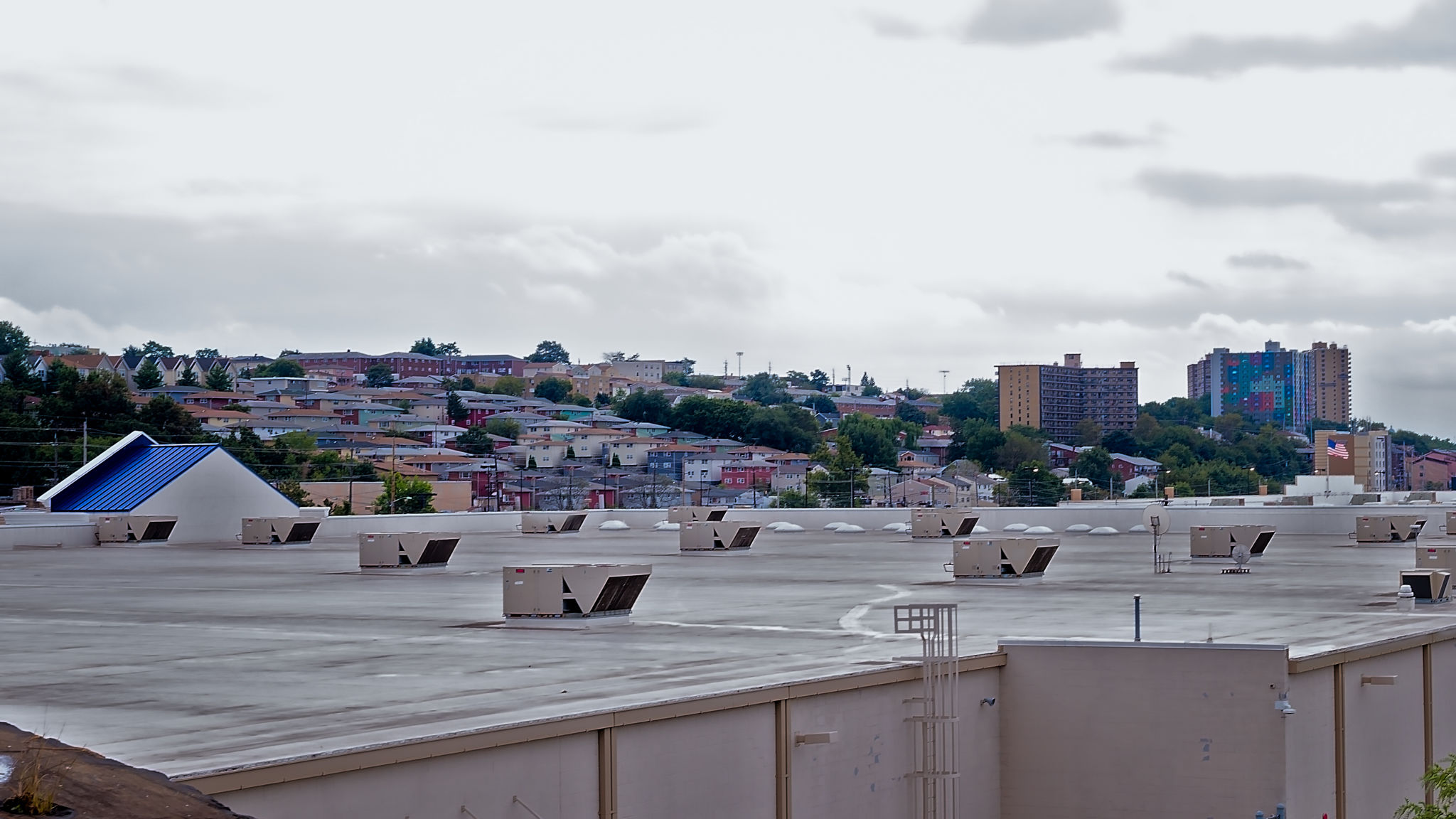Essential Insights for Commercial Roofing in NJ: A 2024 Guide for Businesses
Understanding the Climate Challenges in New Jersey
New Jersey's climate poses unique challenges for commercial roofing. The state experiences a mix of hot, humid summers and cold, snowy winters, which can significantly impact roofing materials and lifespan. For businesses, understanding these weather patterns is crucial when selecting and maintaining a roofing system. A durable and weather-resistant roof not only protects the building but also contributes to energy efficiency.

Choosing the Right Roofing Material
When it comes to commercial roofing in New Jersey, material selection is paramount. Some of the most popular options include:
- Metal Roofing: Known for its longevity and durability, metal roofing can withstand harsh weather conditions.
- EPDM (Ethylene Propylene Diene Monomer): This synthetic rubber roofing membrane is highly resistant to UV radiation and thermal shock.
- TPO (Thermoplastic Olefin): TPO is praised for its energy efficiency and resistance to pollutants.
Each material has its unique benefits, depending on the specific needs of your business.
Regulatory Considerations
Before embarking on a commercial roofing project in NJ, businesses must be aware of the relevant building codes and regulations. These codes ensure safety, quality, and energy efficiency. Compliance with local regulations not only avoids legal issues but also ensures that the roofing system is up to standard. Consulting with a professional roofing contractor familiar with these regulations is advisable.

Maintenance Practices for Longevity
Regular maintenance is key to maximizing the lifespan of a commercial roof. Here are some essential practices:
- Inspection: Conduct bi-annual inspections and after severe weather events to identify potential issues early.
- Cleaning: Keep the roof clean from debris, which can cause water pooling and damage.
- Repairs: Address minor repairs promptly to prevent them from escalating into major problems.
Energy Efficiency Considerations
Incorporating energy-efficient solutions into your commercial roofing can lead to substantial cost savings. Reflective coatings, proper insulation, and cool roofs are excellent choices to reduce energy consumption. These measures not only lower utility bills but also align with environmental sustainability goals, enhancing your business’s reputation.

Selecting the Right Contractor
The success of a commercial roofing project greatly depends on choosing the right contractor. Consider contractors with a proven track record in commercial roofing, especially those experienced in handling projects within New Jersey. Verify their credentials, insurance, and customer reviews to ensure quality workmanship.
Future-Proofing Your Roof
As technology evolves, so do roofing solutions. Future-proofing your commercial roof involves staying abreast of the latest advancements in roofing technology. Innovations such as solar panels and green roofs are becoming increasingly popular for businesses aiming to enhance sustainability while reaping financial benefits.
Navigating the complexities of commercial roofing in New Jersey requires informed decision-making. By understanding the climate challenges, selecting appropriate materials, complying with regulations, and implementing effective maintenance practices, businesses can ensure their roofs are both durable and efficient in 2024 and beyond.